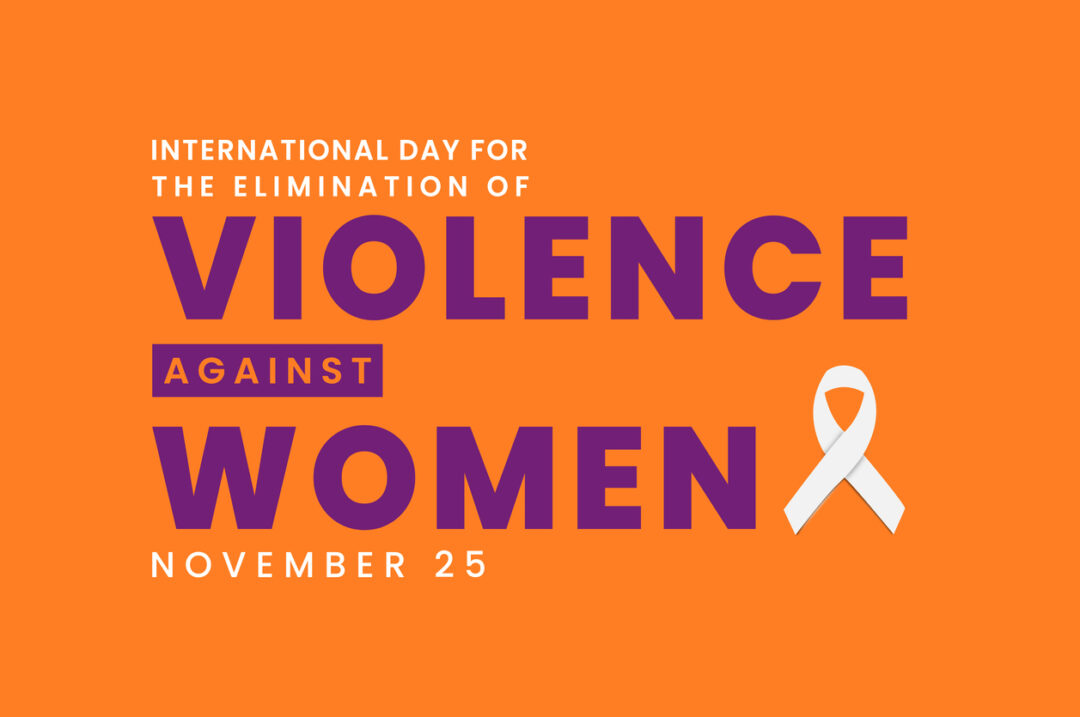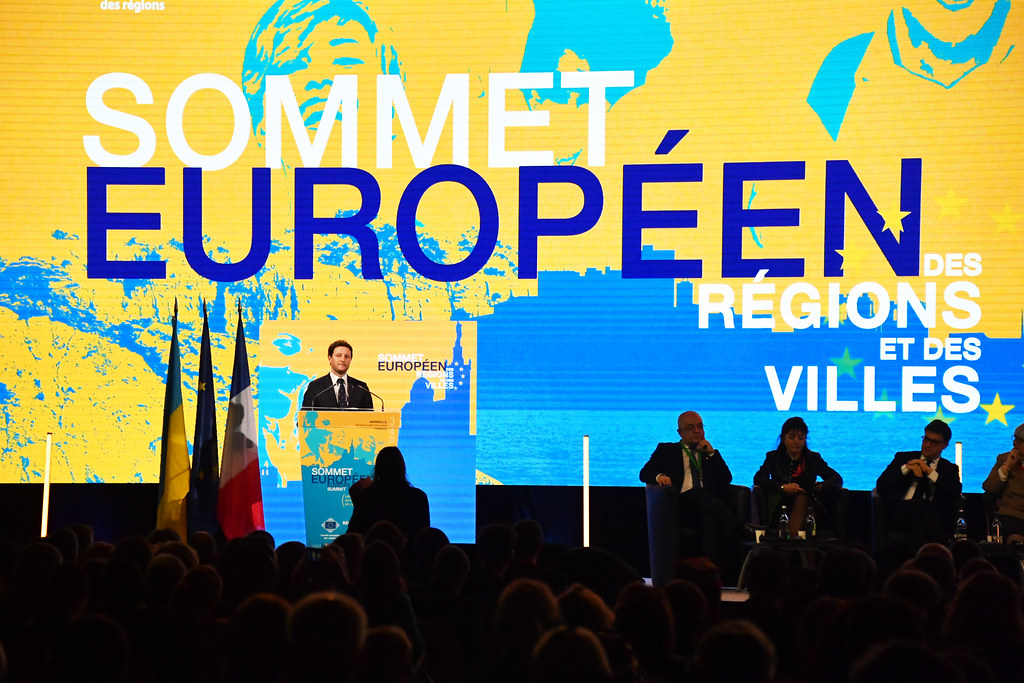Nice, France, October 2021 – The European institutions have expressed their support for Efus’ Security, Democracy and Cities conference (Nice, 20-22 October) with two European Commissioners and other high-level officials in attendance. Why is it particularly important? Because it shows that the EU recognises the pertinence of the local level of governance in urban security issues and that they endorse the overall principles and positioning of Efus and its members in favour of urban security policies based on the balance between prevention, sanction and social cohesion.
High-level support
The European Commission was represented by two Commissioners, Margaritis Schinas, European Commission Vice-President in charge of Promoting our European way of life, and Ylva Johansson, European Commissioner for Home Affairs. European Commissioner to Justice Didier Reynders gave a video message, as did Klára Dobrev, Vice President of the European Parliament. The European Parliament was also represented by Jan Olbricht, President of the URBAN Intergroup, and Istvan Ujhelyi, Vice-Chair of the Committee on Transport and Tourism.
Furthermore, the conference was organised under the patronage of the European Committee of the Regions, the European Parliament, and Elisa Ferreira, Commissioner for Cohesion and Reforms, and under the auspices of Marija Pejčinović Burić, Secretary General of the Council of Europe.
Bringing the European level closer to local and regional authorities
The participation of VP Schinas and Commissioner Johansson contributed to Efus’ objective of supporting local and regional authorities in developing integrated urban security policies with the support of the European Commission and in enhancing an effective multilevel governance structure, in other words joint action between the local, national and European levels of governance.
Such multilevel governance is the basis of the elaboration and implementation of any agile and adequate action aiming to enhance the prevention and mitigation of diverse security threats, such as organised crime, cyber crime and terrorist attacks. As VP Schinas highlighted in the opening session, “Protecting Europe is not something done in Brussels. It concerns us all. From the Acropolis of Nice to the Parthenon in Athens, from Liège to Rotterdam, we must all work together, European institutions, national governments and local authorities to protect our rights and freedoms.”
The key role of local actors
Local and regional authorities are the pillars of any adequate crime prevention scheme as they represent the level closest to the daily challenges and needs of citizens and know the key local stakeholders and partnerships that are to be consulted, mobilised and involved in the co-production of prevention policies. As Commissioner Johansson highlighted, “to fight crimes locally, we must think and act continentally.” She gave the example of counter-radicalisation. In this field, “the community police officer, the teacher, the social worker are the first to spot the danger signs. They are also the first to give a helping hand. To show the way out.” Another area where the local level is key is the protection of public spaces. “The answers must be local,” said Mr Schinas.
Agile and adequate support from the European Union
Small and medium size local authorities have limited resources and as such are in need of agile and adequate EU funding opportunities for tailored micro-projects. Hence, in the framework of the Security, Democracy and Cities Declaration adopted at the end of the conference, Efus member local and regional authorities call the EU “to facilitate cities’ access to funding, advice and support to enable them to respond to current challenges and be more resilient.”
Existing EU support and resources for local and regional authorities
In order to provide practical guidance on EU-funding opportunities for local and regional authorities in the field of urban security for the period 2021-2027, the Partnership on Security in Public Spaces of the Urban Agenda for the EU, which is co-led by Efus and the cities of Nice and of Madrid, recently published a Guidebook*. It provides practical knowledge, tips and recommendations on how to benefit from EU structural and sectoral funds (calls for proposals) and implement concrete projects.
Efus organised a session during the Security, Democracy and Cities conference in Nice to present this guidebook and the different types of funding opportunities local and regional authorities can benefit from during the upcoming funding period (2021-2027). It also showcased some of the EU-co-funded projects that can serve as innovative examples for local authorities, such as BeSecure FeelSecure, ToNite, and Secu4All.
Efus advocacy at the EU level
Efus has long advocated for better recognition at the European level of the role of local and regional authorities in urban security and considers one of its core missions to voice their concerns and needs when exchanging with European institutions. Efus thus works constantly to facilitate practical dialogue and cooperation under different European initiatives such as the Urban Agenda for the EU and the URBAN intergroup of the European Parliament, as well as through EU programmes such as the Urban Innovative Actions initiative. Moreover, Efus engages in direct exchanges with representatives of the European Commission, the European Committee of the Regions and the European Parliament to build a bridge between the different levels of governance.
For more information, see also the article we published in June on the new EU funding opportunities for local and regional authorities
* Written by expert Thijs Fikken, specialist in European spatial planning and regional economic development.




